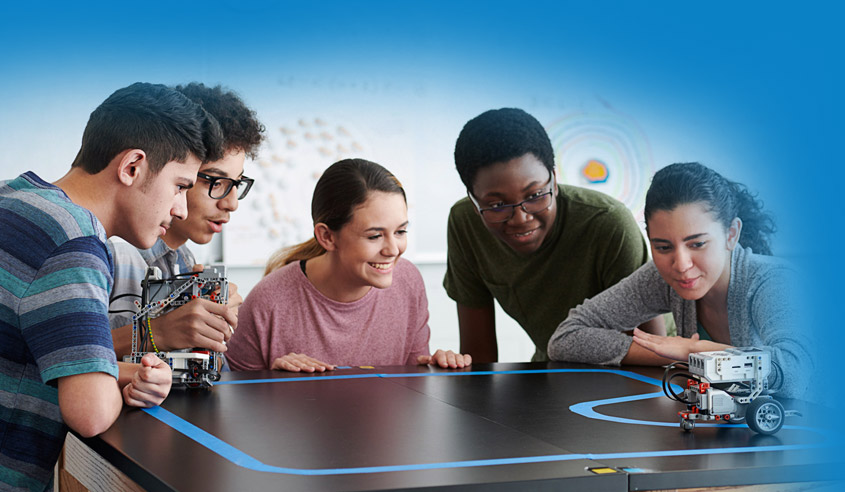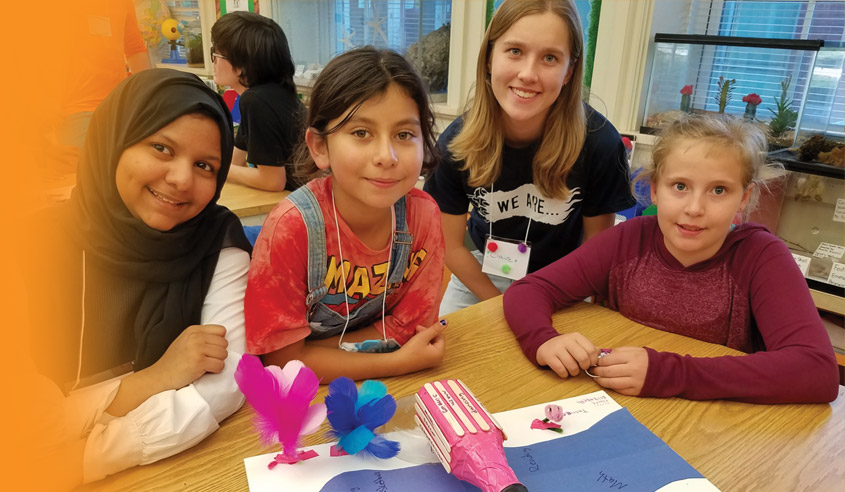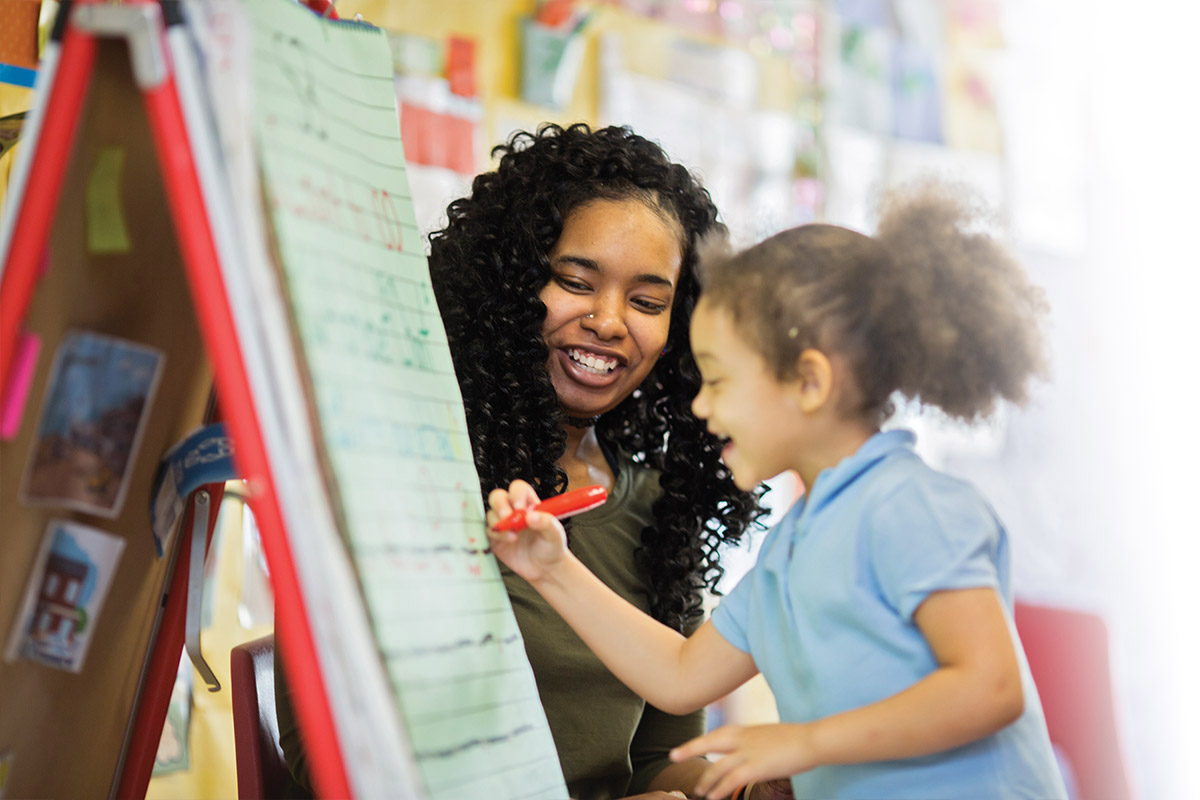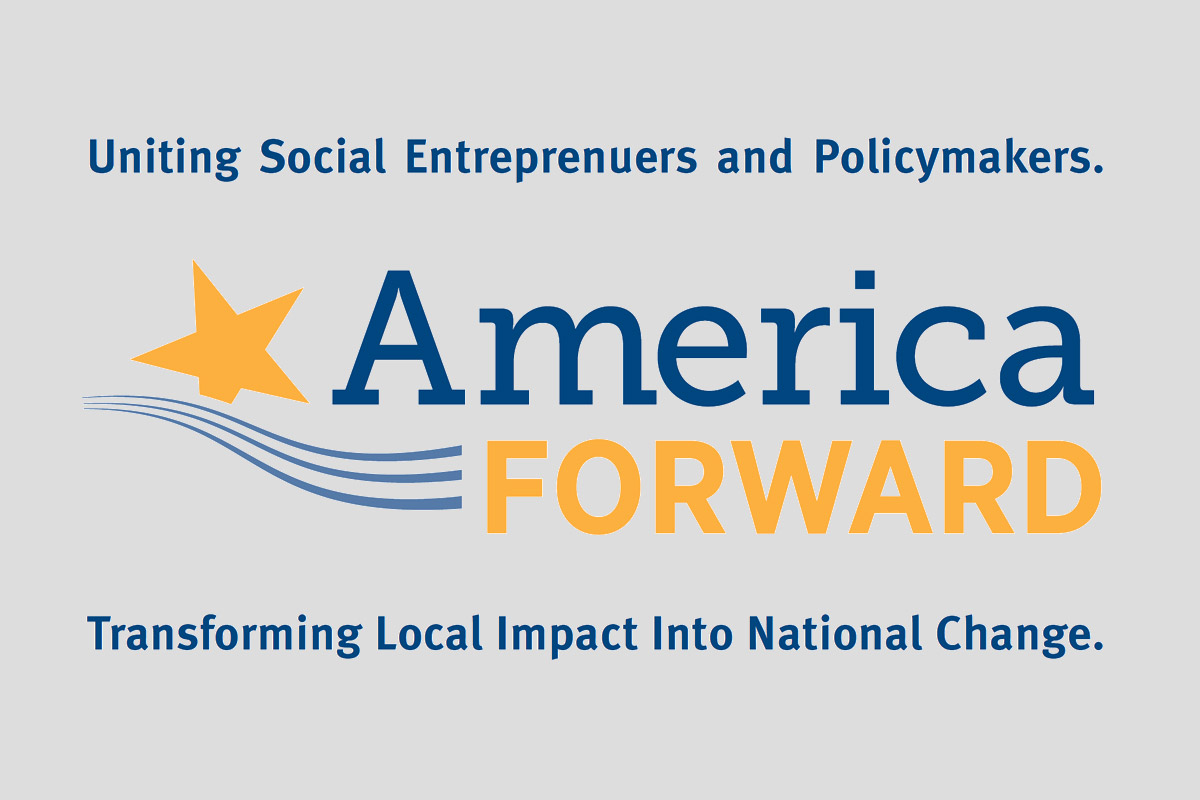Whole-Learner Education:
A Policy Roadmap to Student Success
Our changing world is creating unprecedented demands on all of us.
Now, more than ever, students need a range of skills to succeed in school, and in life. But our current education system is not equipped to deliver these critical tools to every student.
This Policy Roadmap recommends strategies that can help close the gap between what we know students need, and what our current education system provides, so that every learner can grow into a capable, caring, and engaged member of society.
Whole-Learner Education: A Policy Roadmap to Student Success
Our changing world is creating unprecedented demands on all of us.
Now, more than ever, students need a range of skills to succeed in school, and in life. But our current education system is not equipped to deliver these critical tools to every student.
This Policy Roadmap recommends strategies that can help close the gap between what we know students need, and what our current education system provides, so that every learner can grow into a capable, caring, and engaged member of society.

What is Whole-Learner Education?
Whole-learner education takes a holistic view of learning and development for every young person.
The concept of the “whole learner” is grounded in the science of brain development and learning, which tells us that, at every stage of development, learning happens in an integrated way. Cognitive, Social, Emotional, Creative and Physical skills are all deeply interconnected. Students learn and thrive when they develop skills across this wide range.
Whole-learner approaches to education embrace a diversity of learning experiences and pedagogical techniques to reflect the dynamic, interconnected way in which young people learn, develop skills, and interact with the world.
Five Integrated Domains of Development
Why Whole-Learner Education?
In our rapidly changing world, whole-learner education develops the breadth of skills that all students need to succeed.
Taking a holistic approach to learning and development addresses the individual barriers students face, achieving equity in our education system, and supporting the health of our communities. Hand-in-hand with safe learning environments and healthy developmental relationships, whole-learner approaches to education foster self-confidence, facilitate engagement with peers, and help learners build the skills they need to meet challenges today and in the future.

How does Whole-Learner Education Happen?
Throughout the continuum of development, from birth through grade 12 and beyond, whole-learner approaches aim to help every individual learner develop a breadth of skills through meaningful, engaging, iterative, socially interactive, and joyful learning experiences.





